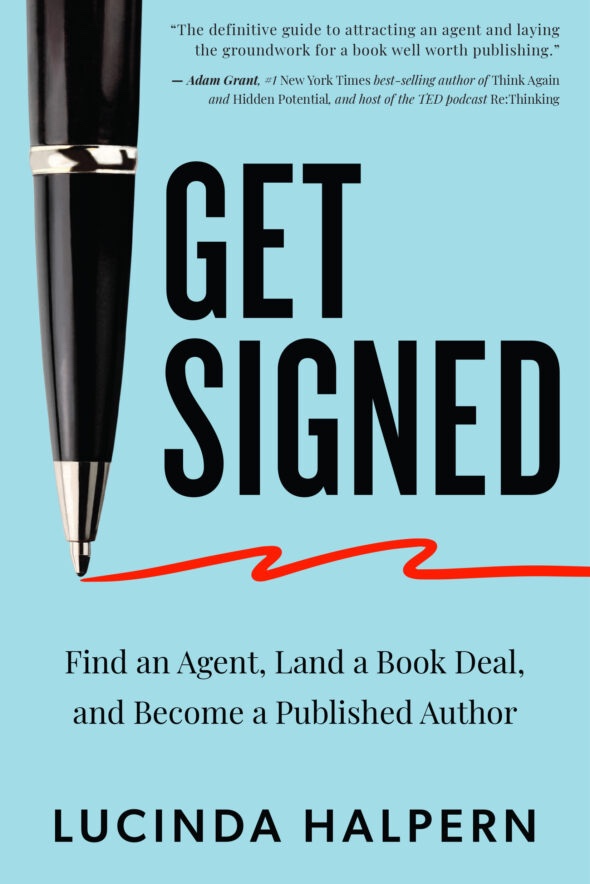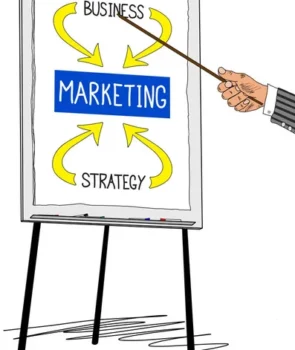Search
How a Literary Agent Can Nurture Your Writing Career
Will I find an agent to represent my book? What, specifically, does an agent do? At what point in the publishing process should I seek an agent?
As Lucinda discusses with our friend and gifted editor Kelly Notaras at kn literary arts, an agent can come in very early in the publishing process and be there until the very end. Think of it as a lifelong marriage! Here’s a peek at Kelly’s phone interview with Lucinda to help authors understand what a literary agent does and how they can help nurture you through a long-lasting writing career. 
1. Please tell us what a literary agent does, and why they are necessary to traditional publishing.
There’s a common misconception that agents will step in, just to do the deal and then take a commission—but that’s only one aspect of the very important role that they serve. An agent comes in to see that you’re advocated for. Sometimes that’s being something of a best friend or a cheerleader or a therapist—much more than being just a dealmaker. They enter the equation to help develop the idea and shape the proposal with you, then uses their relationships with publishers to sell the book. Once the deal is done, they’re your advocates through the process—helping with the cover art and the packaging, and chasing payments for you, which is quite important! Essentially, they’re advocating for you at every step.
It’s true that there are agents who are just stepping in to do the deal, but as an agency that prides itself on being really nurturing to our clients, we’re very immersive and involved at Lucinda Literary.
2. What are the top 3 mistakes you see new authors making when querying a literary agent?
The first is this misconception that they don’t care about you—that it’s only your story they care about. For Lucinda Literary, it’s quite the reverse of that. Obviously, there’s an inspiration for your story; there’s a level of expertise, potentially, that you have since you’re writing it—even if that is “I worked for years in the healthcare industry, and now I’m writing a fictional Grey’s Anatomy,” for example. I think it’s important to show an audience for your work. These are things I want to know that go into the overall package of your credentials—things publishers might be interested in.
Another thing seen at the query stage, which is really not recommended, is hiding information. For instance, that the author is currently working with an agent, or has been published before, or has self-published before. They might neglect these details because the first book didn’t do particularly well, or they’re not in a great relationship with their agent—they’re actually scouting for someone else. Be diplomatic, but upfront. Offer a positive spin to what may be negative information, but don’t hide what agents will ultimately find.
The third thing is comps, comps, comps! Be really succinct and sell to a literary agent why your book has appeal, why it has promise. Likely, as a writer, you think, “This book has never been done before. It’s a genre bender—it fits into so many genres!” Publishers need to know what shelf you fit on, so be focused with your one-line elevator pitch. “It has the wit of this particular novel with the heart of this particular novel.” By referencing comps, you’re making both your promise and your shelf clear.
3. I’ve heard a lot about Lucinda Literary’s efforts to help new writers through its Letter Better Workshops. Speak more about that.
When I founded my company nine years ago, I primarily acted as a consultant, working with authors on their social media and publicity efforts. As time went on, my company grew and literary and speaking representation became full-time for us. But with a larger team to now support that business, I’m getting back in touch with our roots: to advocate for, innovate for, and really counsel those writers who we wouldn’t be able to service as agents, but who probably could find literary agents if they knew how to write a good query letter, which is so critically important. Our monthly Letter Better Workshops cover everything from the art of titling your book, to introducing your concept, to capturing an agent’s imagination—because fundamentally the query letter is a marketing document.
These workshops offer me the opportunity to hear from and make an impact for all kinds of new writers with whom I might not otherwise interact. To me, that’s incredibly exciting.
Read the full interview here where Lucinda answers questions such as, “How do literary agents decide what genres they’re looking for?” and “Do I need an agent if I’ve received a publishing contract?” and more.
If you’re just starting out, explore our beginner resources on Get Signed








